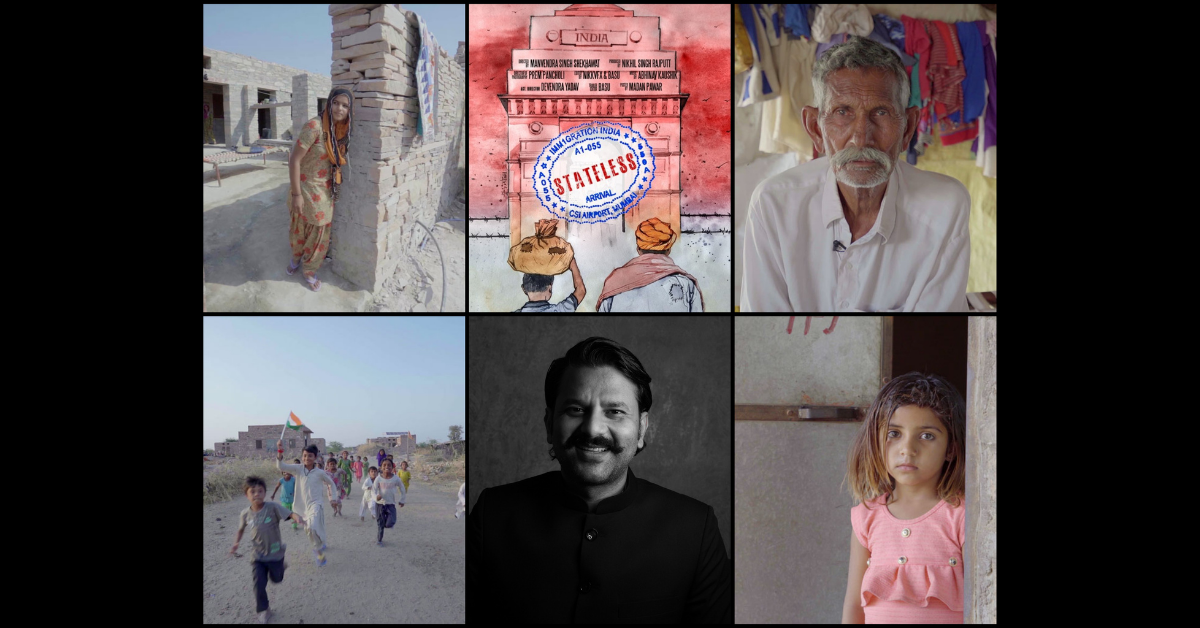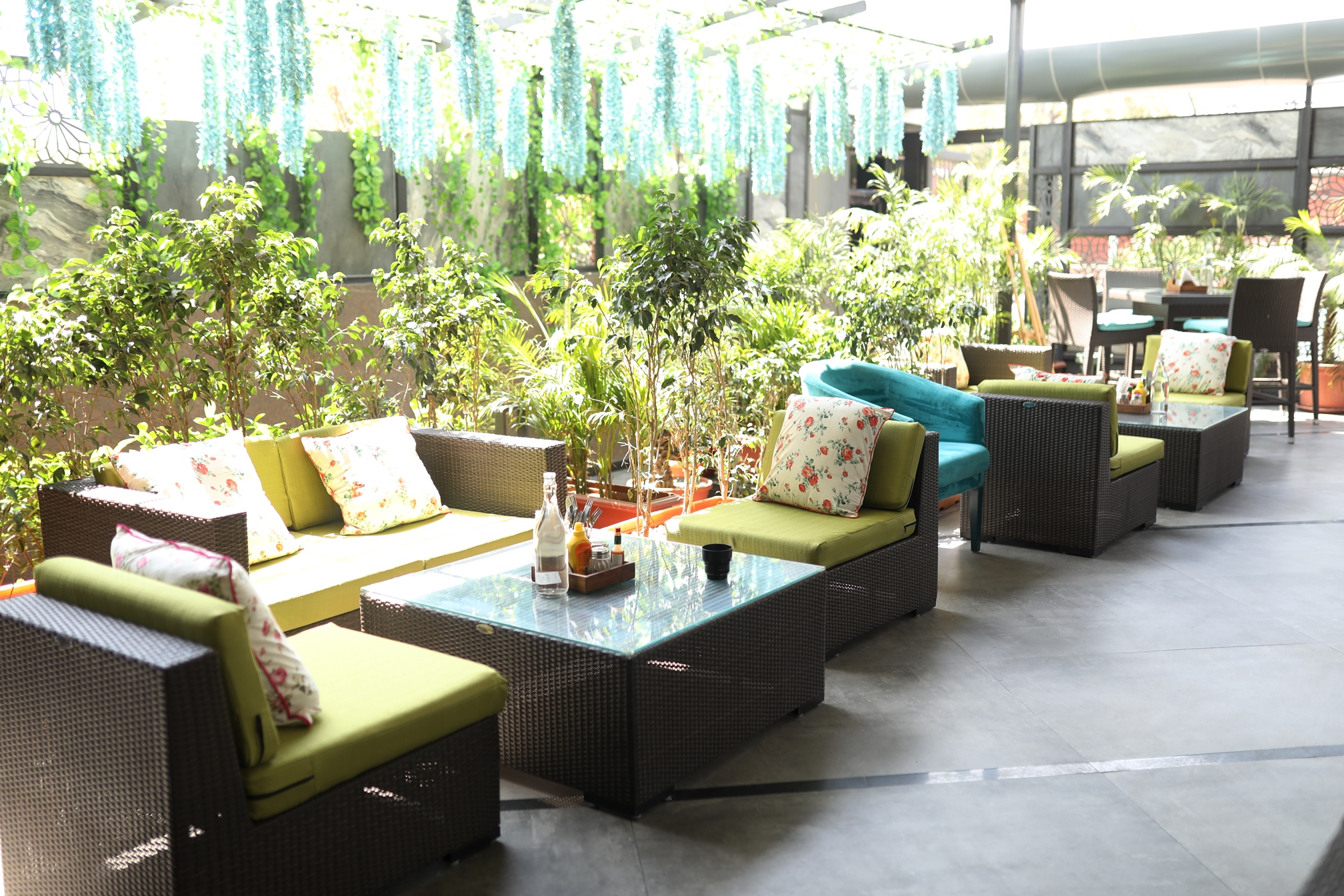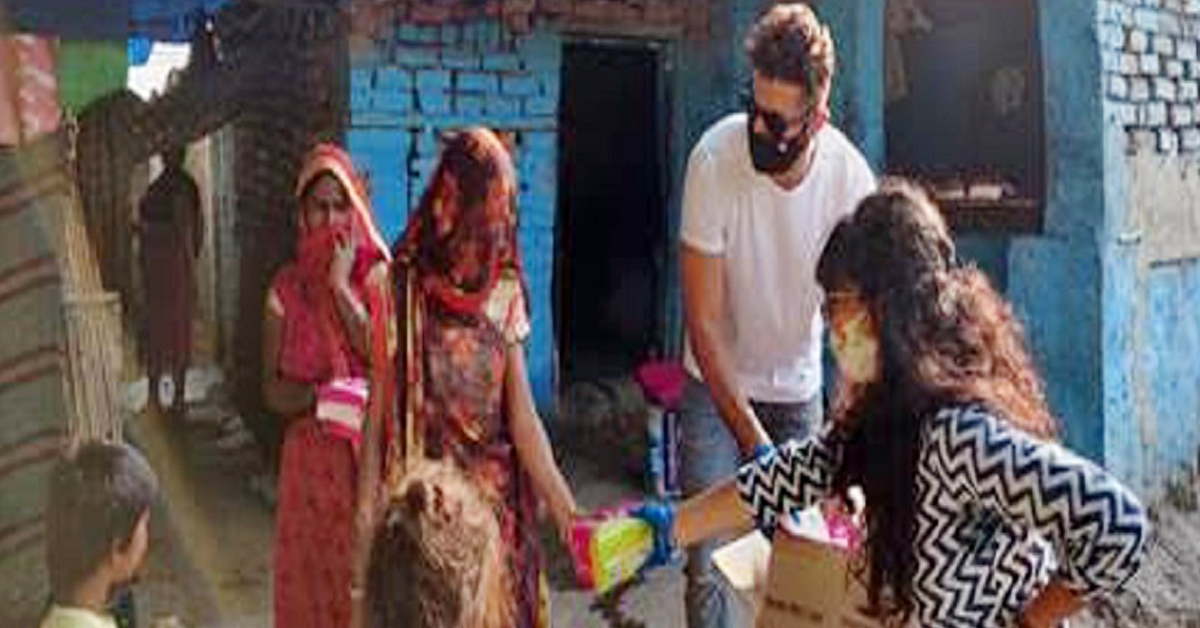Jaipur filmmaker, Manvendra Singh Shekhawat completed his MSc Journalism from Leeds Beckett University UK in 2015. After this, he came back to India and started pursuing the stories which were important but often left untouched by mainstream media. In an exclusive interview with All About Jaipur, he shared the filmmaking journey of his new documentary, ‘Stateless’ which was recently launched by internationally acclaimed actor, Anupam Kher in an online event.
1. What is the documentary ‘Stateless’ about?
A – It is a human story of all the refugees who have been religiously persecuted in Pakistan. They have no option besides leaving and coming to India for shelter. When they come to India, people learn about their hardships, the difficult conditions and the problems that they are facing. It shows their journey which is currently in progress.
2. Where did you get the inspiration for ‘Stateless’?
A – Documentaries have always been my passion. Before ‘Stateless’, I have worked on several other documentaries on topics like sewage water irrigation, Marwari horses, robotics, etc. When I got the opportunity to direct this documentary, the exact process was an inspiration for me. I began by researching the refugees. I understood the pain they felt by listening to their stories. It gave me the momentum to showcase their stories to the entire world truthfully. As Shaheed Captain Manoj Pandey PVC once said “Some goals are so worthy, it’s glorious even to fail!”
3. What was your experience of shooting the documentary?
A – Initially I was not aware about the subject extensively, as very little information was available on public domain.I was unsure of what I was getting into and how the stories would come out. I was not fully prepared to experience the kind of stories I did when I went to Jodhpur and found the people residing there. It was an emotional experience and I found myself on different levels. During the shoot, we were living, eating and laughing together. I could also understand and relate to their pain.
4. How long did it take? Did you face any challenges?
A – It was a process of few months for me.Initially, I had to research the topicthoroughly, through online mediums and activists working in this area.I had to find main subjects who could come on camera and speak on the issue.Shooting in really hot conditions in Jodhpur was also a challenge. But somehow because our team was from Jaipur we could handle the heat. Hardships came every step of the way but we worked together as a team and had the determination to work for a good cause.
5. How was the launch of the documentary?
A – It was a great event in which every one from the team and many guests were present. Veteran actor, Anupam Kher was the chief guest of the event. He appreciated the movie as he could also understand the pain of leaving one’s home and moving elsewhere. He said that more such stories have to come out for people’s viewing and to help people understand and create awareness of such causes.
6. Any message for the viewers?
A – It is time India should have its own documentary filmmaking school where people can learn the art of making non-fiction films. The temperament of the country is changing with people viewing a wide variety of content online. If a good quality documentary gets eyeballs then there is a lot of scope for many stories to come out across the world.
Reetu416
Latest posts by Reetu416 (see all)
- The 7th Edition of the Ballet Expose to Return to Jaipur on 4 June - June 1, 2022
- Jaipur Filmmaker Manvendra Singh Shekhawat talks about his latest documentary ‘Stateless’ - July 14, 2021
- Senior Journalist, Dr. Tabeenah Anjum Discusses Role Of The Media During Pandemic in an Online Session - May 22, 2021









